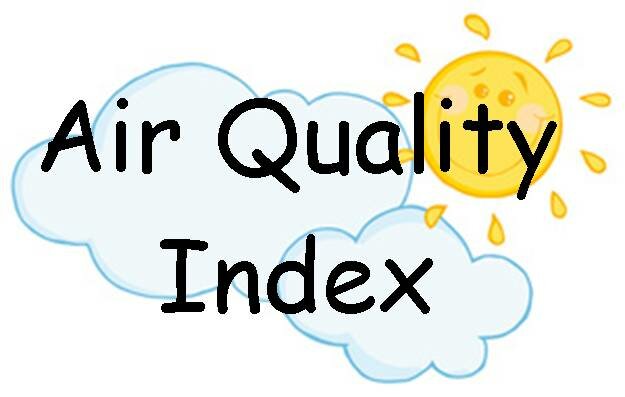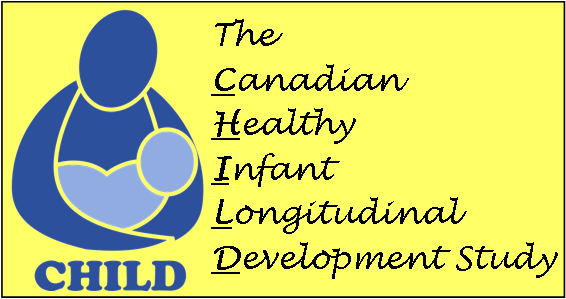- Home
-
Allergy & Asthma Information
- Asthma: The Basics
- Living With Asthma
- Asthma Tools
- Asthma Triggers
- Asthma & Eczema
- Asthma & Allergy
- Hay Fever
- How to use a:
- About Us
- Order Info
Managing an Asthma Attack
Early Signs Asthma is Getting Worse:
It is important to notice early warning signs such as the start of:
- a cold or a runny nose
- cough at night or early morning
- cough, wheeze (whistling noise), shortness of breath or chest tightness with activities
- needing to take Reliever medicine (blue) more than 3 times a week
What Happens during an Asthma Attack:
- The inside of the airways becomes swollen and makes more mucous.
- Muscles around the outside of the airways tighten.
- The opening inside the airways becomes smaller and it becomes harder to breathe.
Signs Of An Asthma Attack:
- Your child may feel short of breath and complain of a tight feeling in the chest. They may have trouble talking, exercising or eating.
- You may hear wheezing. During a severe asthma attack, there may be no noise because the airways are so blocked.
- As your child breathes in, the skin may be sucked in at the throat, collarbone or between or under the ribs.
If Your Child Is Having An Asthma Attack:
STAY CALM
- Move your child away from known asthma triggers.
- Give Reliever medicine for symptoms. It should help within 10 minutes. If the Reliever medicine is needed every 4 hours, call your doctor.
- After Reliever medicine is given, help your child to relax. Breathing exercises may help older children. They should be practiced when your child is well.
Go To The Emergency Department:
- If your child needs Reliever medicine in less than 3 hours OR
- Reliever medicine does not begin to improve breathing within 10 minutes.
IF IN DOUBT, GO TO THE NEAREST EMERGENCY DEPARTMENT!
- Use Reliever medicine as much as needed on the way to the Emergency Department.
*Examples of Reliever medicine are: salbutamol: Ventolin®, Airomir®, terbutaline: Bricanyl®, Oxeze®.
*Some patients use a Combination medicine, Symbicort® or Zenhale® as Controller and Reliever medicine.
How To Prevent An Asthma Attack:
- Take an active part in caring for your child's asthma.
- Watch for early signs that asthma is getting worse.
- Have your doctor complete an Asthma Action Plan and know how to use it.
- See your doctor to review your Asthma Action Plan twice a year.
- Know your child's asthma triggers and avoid them.
- Know about your child's asthma medicines and how to use them.
- Keep learning as much as you can about asthma.
Asthma Allie Says:
"Asthma Can be Controlled!"

The Children's Allergy & Asthma Education Centre © 2011, 2014
![]()

The Children's Allergy & Asthma Education Centre
Phone: (204) 787-2551
Toll Free: 1-888-554-1141
Fax (204) 787-5040

